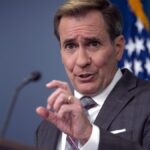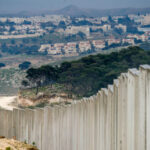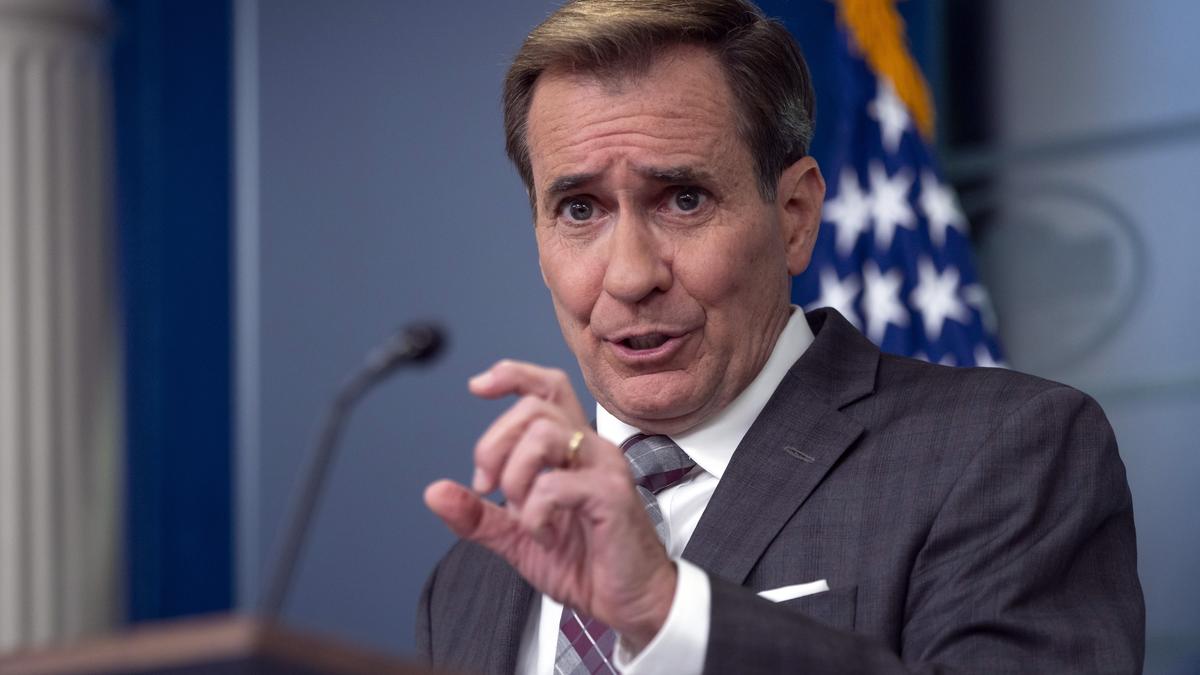A proposed ceasefire agreement between Israel and Hezbollah in Lebanon has drawn harsh criticism from the Israeli public, politicians, and local leaders. The accord, due to be announced Tuesday evening, would stop the hostilities for an initial 60-day period. It stipulates the withdrawal of Israeli forces from Lebanon; the deployment of the Lebanese army in southern areas; and the relocation of Hezbollah’s heavy weapons north of the Litani River. However, opposition voices argue the agreement compromises Israel’s security and allows Hezbollah to regroup.
Public and Political Backlash
High-ranking political figures from Israel, including opposition leader Benny Gantz, have criticized the ceasefire as a strategic mistake. Gantz said Israeli forces’ withdrawal and the temporary inception of a ceasefire would only help Hezbollah re-occupy its former border. Gantz called for sterner measures embargo on Lebanon and the demilitarization of border villages.
“The withdrawal of forces now will make it easier for Hezbollah to regroup,” Gantz warned. His sentiment has been echoed across the political spectrum, with local leaders in northern Israel also voicing strong objections. A recent Channel 14 poll revealed that 55% of Israelis oppose the deal, compared to 41% who support it.
Northern Communities Demand Greater Security
Leaders of northern Israeli communities, including Gabi Naaman of Shlomi and Eitan Davidi of Moshav Margaliot, have condemned the government’s handling of the ceasefire negotiations. Naaman referred to the lack of a buffer zone, which could guarantee their safety, while Davidi dealt with the continued threats emanating from villages on the other side of the border.
“There is a complete disconnect with the residents of the north,” Davidi stated, accusing the government of neglecting their security concerns.
Critics Call for “Complete Victory”
Many Israelis feel that the government’s decision does not fulfill promises of decisive victories in both Gaza and Lebanon. Orly Noy, chairwoman of B’Tselem, Israel’s biggest human rights organization, said that the Israeli public felt “cheated” by the government for seeking a ceasefire before delivering a clear military triumph.
Military analyst Yossi Yehoshua added: “Whoever wins dictates rules for a ceasefire. If the other side does not accept them, then they continue to crush him. Otherwise, it is not a victory.”
More:Hezbollah Rocket Barrage Targets Tel Aviv After Deadly Israeli Strike in Beirut
Ambiguity In Exile
A ceasefire plan includes reopening borders so southern Lebanese and northern Israelis may return home; over one million Lebanese have been displaced by Israeli air strikes, while 60,000 Israelis fled their homes due to Hezbollah rocket fire.
This being said, the proposed relief for civilians, widespread opposition, and concerns over national security, make the whole process of the implementation of the ceasefire challenging for Israel. Local leadership voices are pushing back against the deal; the future is uncertain, and it reflects the deep divisions over the path toward lasting peace and security.















